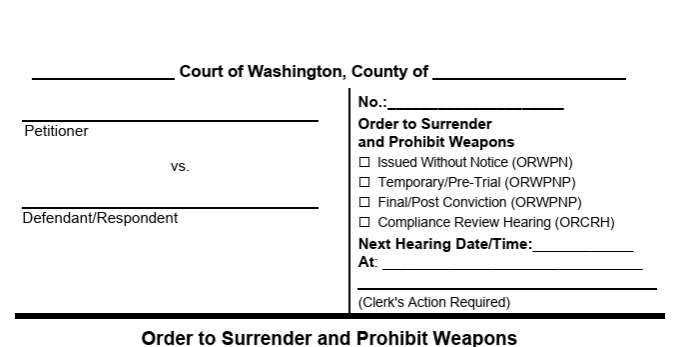Decoding Legal Jargon: Navigating Civil and Criminal Cases
Legal terminology can often feel like a foreign language, especially when distinguishing between civil and criminal cases. Understanding the key parties involved in each type of case is crucial to better navigate the legal system. Here, we'll demystify the important terms you need to know with a reader-friendly approach.
Civil Case Key Terms
In civil cases, understanding who’s who can make all the difference. Let's explore the roles in this context:
- Defendant:
This is the person or entity accused of wrongdoing, like breaching a contract. If you’re defending a lawsuit, you’re the defendant.
- Petitioner:
In certain cases like divorce or appeals, this term is used instead of "plaintiff." A petitioner is the one who files a petition in court.
- Plaintiff:
The individual or entity initiating the lawsuit, seeking remedies. For instance, if someone is suing for damages, they are the plaintiff.
- Respondent:
Used instead of "defendant" when replying to a petition in family law cases, the respondent is the opposing party in the case.
Criminal Case Key Terms
When it comes to criminal cases, the landscape shifts slightly, involving different key figures:
- Prosecution (Prosecutor/District Attorney/State Attorney):
These lawyers represent the government, responsible for proving the guilt of the defendant beyond a reasonable doubt.
- Jury (if applicable):
A group of citizens tasked with determining a defendant's guilt or innocence based on the evidence presented. They play a pivotal role in the justice process.
- Victim:
Though not a formal party, the victim is someone who suffered harm from the alleged crime. Their testimonies can heavily influence the proceedings.
- Judge:
The judge presides over the case, ensuring fairness and interpreting the law. Their decisions direct the flow of legal proceedings.
- Defendant:
In criminal scenarios, the defendant is the individual charged with a crime, facing potential penalties if found guilty.
Why Understanding These Terms Matters
Familiarizing yourself with these key legal terms helps you grasp the fundamental dynamics of civil and criminal cases. This knowledge empowers you to understand your rights and obligations, making informed decisions easier. Consider consulting with a legal professional to delve deeper into specifics or clarify any uncertainties.
While legal terminology may initially appear complex, breaking it down into digestible pieces can make the learning process more approachable every step of the way.

















